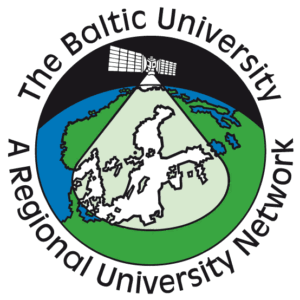The annual international Baltic University Program symposium have accepted Sven Boréns abstract about Challenges and Opportunities for Shipping towards Sustainability. The conference have this year a focus on Research and Innovation for a Sustainable Baltic Sea Region and was initially planned to take place in Visby the 25-26th of August, but is due to the Corona-Pandemic move to online.
The abstract:
Shipping is contributing to a positive societal development as people can access resources in an energy efficient way when compared to other transport modes. However, shipping accounts for emissions to air in a way that counteracts a societal development towards goals for reducing climate change and other environmental issues. Shipping also has sustainability impacts in the water by fuels and hull painting, agitation of bottom sediment from shallow waterways, noise, and in some cases contributes to structural obstacles to social sustainability due to activities in mining, production, and recycling. Despite efforts made by actors in the shipping industry to become more sustainable, it is still unclear how investments in shipping could be planned to cooperate, rather than counteract one another, and how these measures and goals could be guided by a holistic perspective on sustainability that is sufficiently robust for many generations to come. The framework for strategic sustainable development is designed to guide such efforts, and was in this study applied through literature studies, study visits, workshops, and interviews with Wallenius Marine. This resulted in a developed sustainable vision for Wallenius Marine and their owner Soya AB. Subsequent analyses considered stakeholders, operations, strengths and weaknesses with regards to the vision, and at finally challenges and opportunities towards the vision for Wallenius Marine and shipping in general. The study also suggested further studies about roadmap(s) towards sustainability for shipping in general and certain stakeholders, and also in-depth studies about business models and incentives to power ships by biofuels and/or wind.


Leave A Comment